When reflecting on her experience observing Ramadan as an international student at San Francisco State University, staff member Sara Alhanich described feeling profoundly isolated due to the absence of family members to share the breaking of fasts.
Alhanich is currently the program coordinator of the Muslim Student Life and Interfaith Program; after reflecting on her own experiences with Ramadan at SFSU, she began to organize community iftar where members can congregate together to break their fasts together after their call to prayer.
On April 2, the SFSU Muslim Student Association hosted its third and final community iftar before the end of Ramadan and the celebration of Eid al-Fitr.
“Those first few Ramadans I had when I was first in the US [were] probably the loneliest Ramadans I experienced,” Alhanich said. “I was just fasting and breaking fast on my own. As soon as I joined [SFSU as staff], I knew that’s exactly what I’m going to be doing. I’m doing community iftars as much as I possibly can with the budget I have.”
MSA welcomed both Muslims intending to break their fast and non-Muslim students who wanted to show their support to the university club in the Cesar Chavez Student Center to feast on cuisine varying from Yemeni, Indian and American food.
Farhan Haider, the vice president of MSA, acknowledged the importance of the Muslim community at SFSU having allocated spaces to follow their religion and culture while separated from their communities at home.
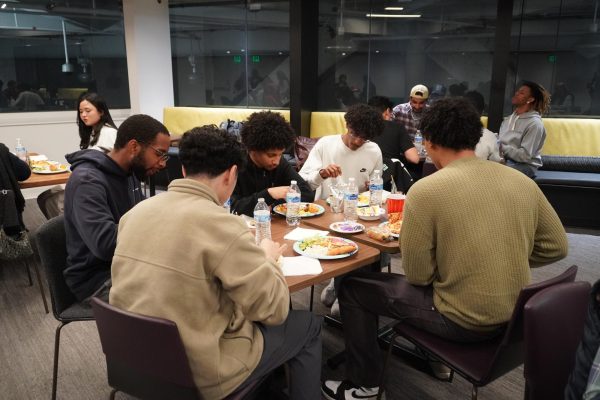
“If we don’t have the weekly prayers, people have to go to the mosque outside of the campus to pray, but MSA hosts prayer here on campus, so people can join that,” Haider said. “Everyone is fasting and they have to do iftar somewhere; if we don’t host iftar, they’ll have to either go to a mosque nearby or they’ll have iftar at their home. By providing this, it really helps the community.”
After the call to prayer, the iftar commenced. Lines wrapped around the UClub walls and corridors as attendees waited for food and refreshments spanning four tables. Muslim women were served first, followed by Muslim men and non-Muslim community members.
Oliver Elias Tinoco, a fifth-year student at SFSU, was invited by Alhanich to attend the iftar and accepted the invitation to engage with the community at the iftar events. Tinoco highlighted the intercultural feel displayed at the iftar and noted its distinct difference from a multicultural approach.
“These communities don’t exist as isolated from each other and they don’t exist in pockets,” Tinoco said. “We all have the chance to create and build community across the S.F. State campus, and that’s what makes students feel supported — even when they’re not at an event planned by MSA or Muslim Student Life, or the student organization, and they know they can enter any other space on campus and feel just as [supported].”
Ahmed Mriziq, a second-year student at SFSU, was happy to see the non-Muslim community at the iftars because he said the support they showed by attending defied the general misconception of who could attend iftars.
“It shows support in a way that shows how people are willing to put themselves out there and not be afraid of certain boundaries, or what other people would think if they show up because there’s some people out there that don’t think it’s necessarily for them,” Mriziq said.
Establishing community iftars on the SFSU campus has increased awareness about the importance of celebrating Ramadan—not only for Muslims but also for students who want to support their friends during this time.
“It’s not about being Muslim and fasting,” Alhanich said. “It’s more about community. These are your allies; they are your friends, your community members, and building that kind of camaraderie — even across faith — is so important. You don’t need to be Muslim to empathize with someone who’s been fasting all day.”




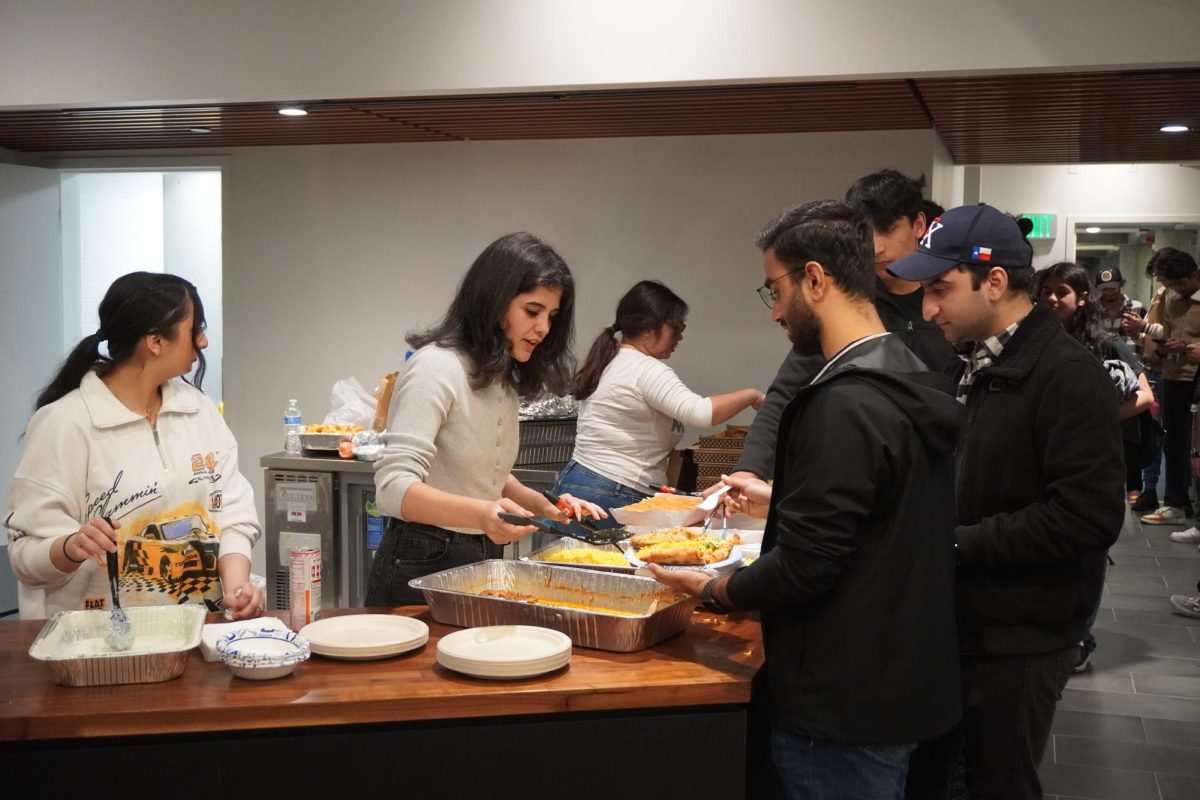
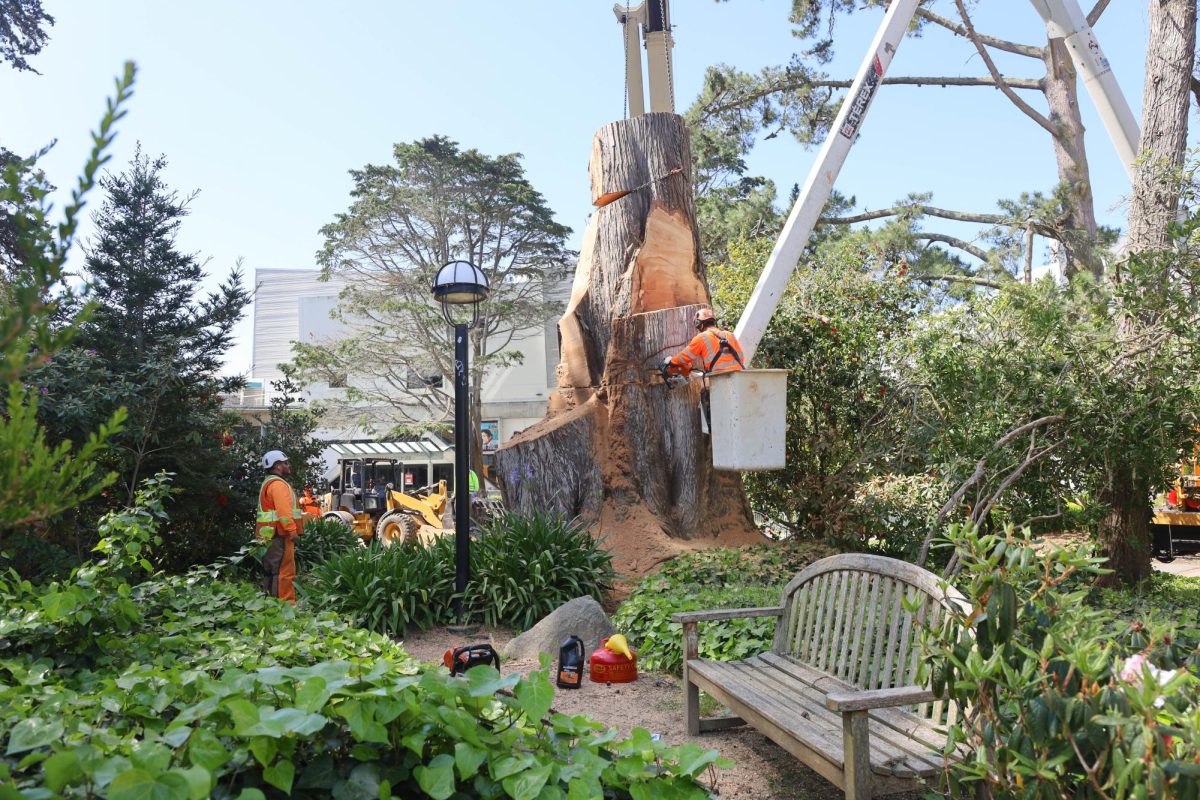
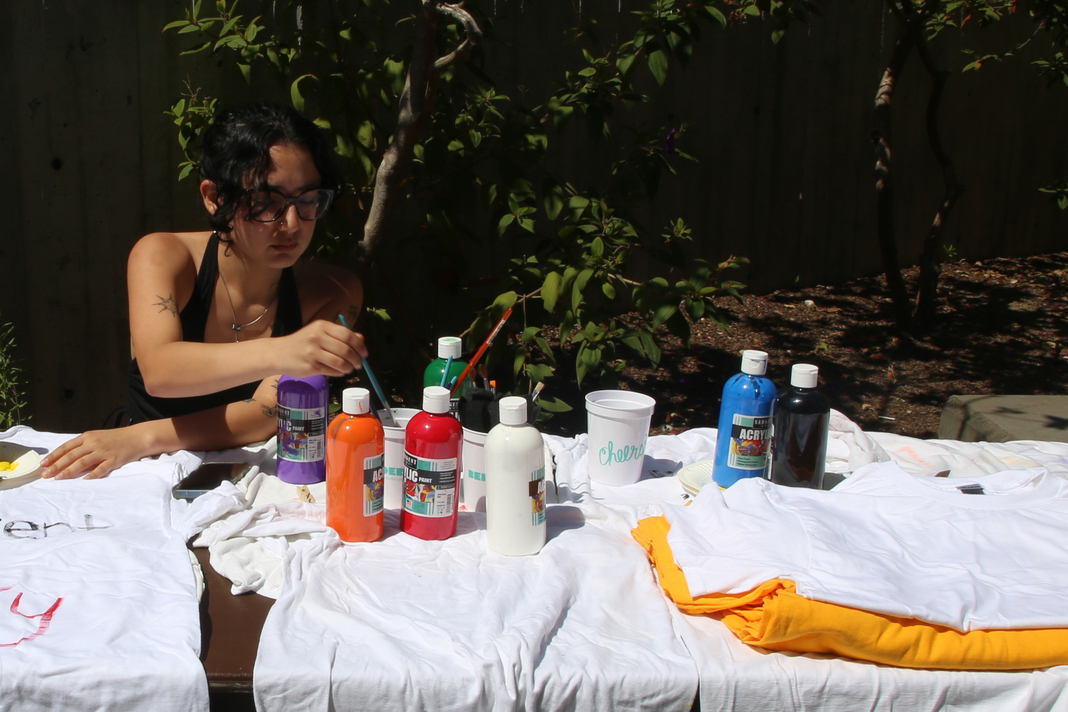
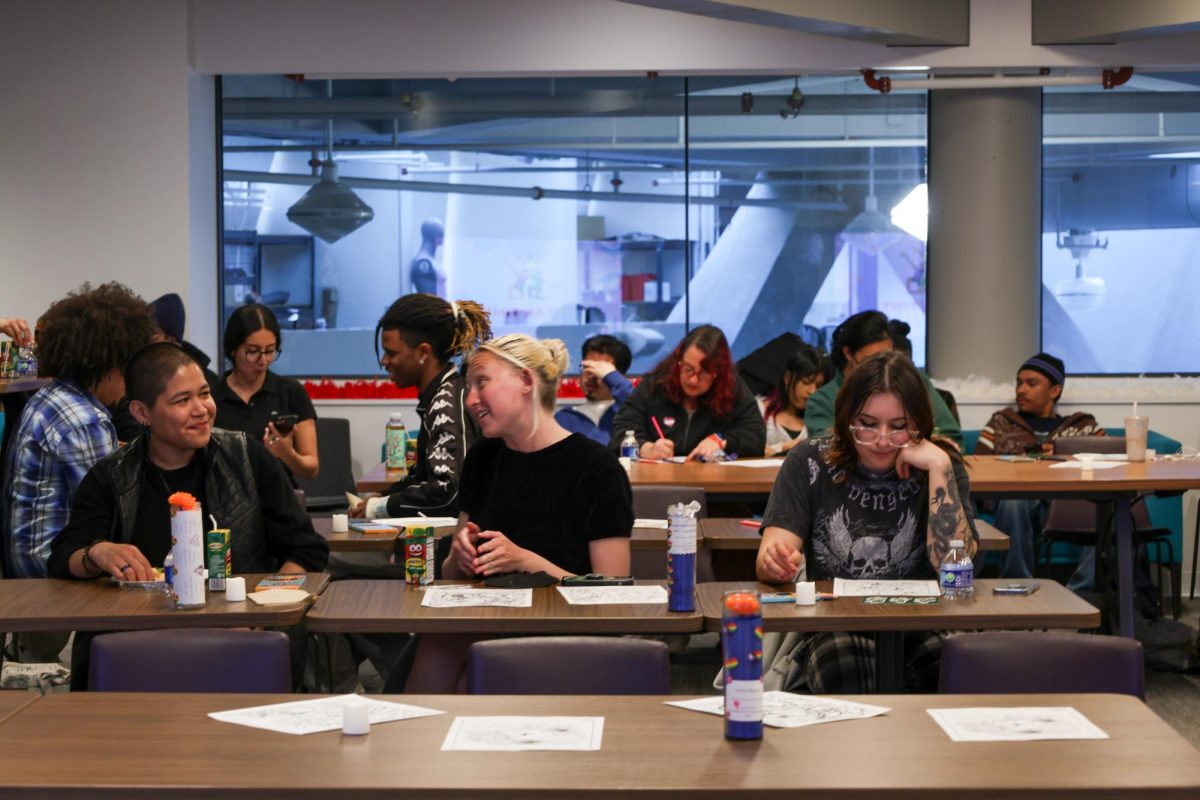
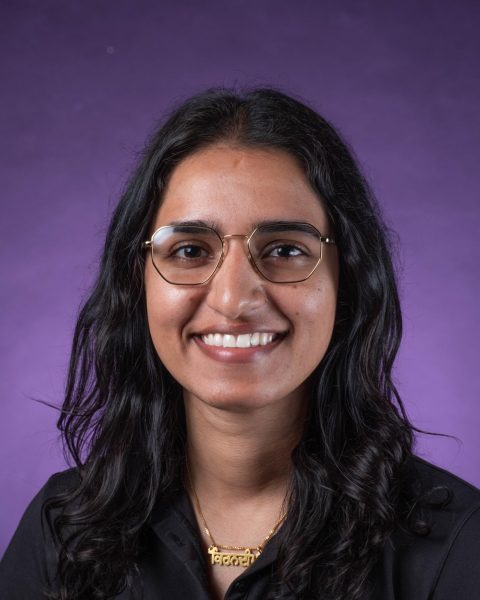
Sara Alhanich • Apr 5, 2024 at 5:13 pm
Wonderful article highlighting the spirit of Ramadan- thank you for your diligent work Kiren